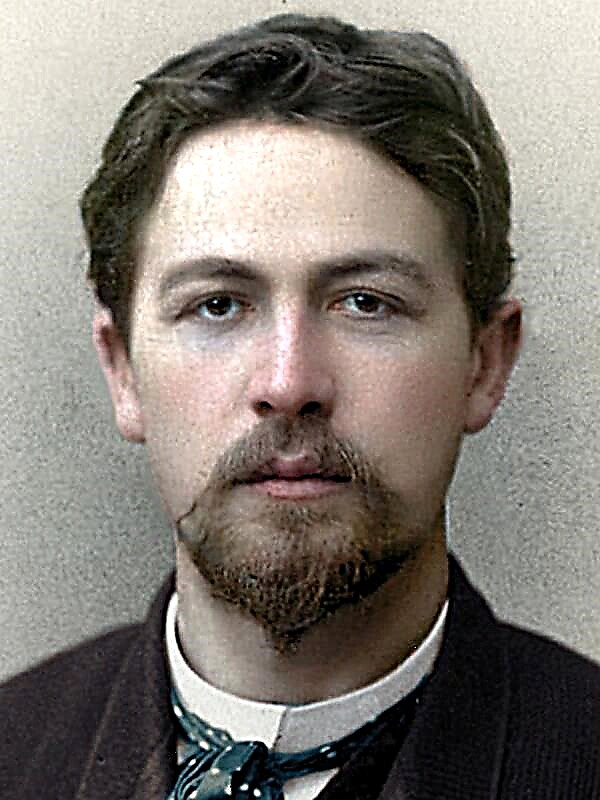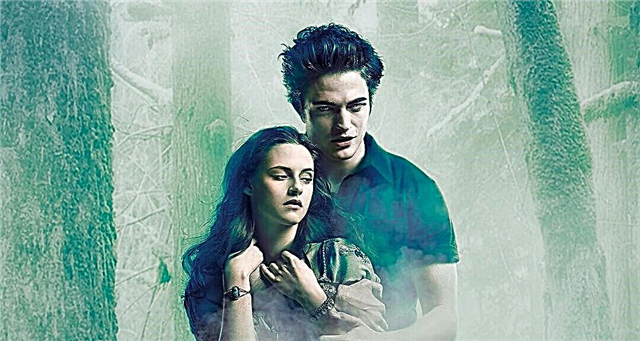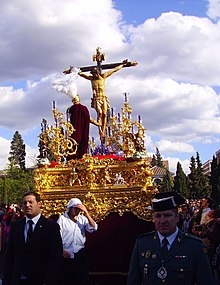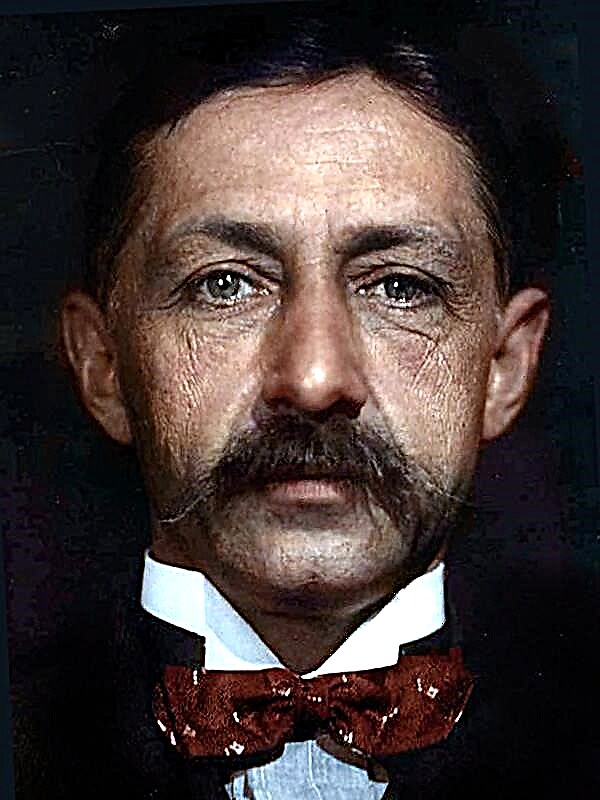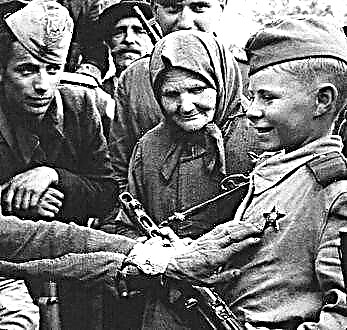(446 words) The problem of conflict between representatives of different generations has always been relevant. The struggle of fathers and children, ideological disputes and the irreconcilability of views are what always worried the minds of writers and philosophers. On the one hand, this misunderstanding seems quite natural, because time goes on, everything changes, and therefore worldviews can not lag behind the pace of life. On the other hand, everything is cyclical, the well-forgotten past is replacing the present, so young people cannot refuse the valuable experience of their ancestors. I think young people need a productive dialogue with their parents, as do representatives of the older generation. To verify this, consider examples from the literature.
Recall the famous novel by I.S. Turgenev "Fathers and Sons." The name itself prepares readers for the conflict of time. The young nihilist Bazarov in his views is absolutely the opposite of the nobleman Pavel Petrovich Kirsanov. Throughout the work, we see their endless debate about everything in the world. For Eugene, the experience of their ancestors is rubbish, from which you need to "clear the place." However, Pavel Petrovich is indignant at such a categorical position, because the younger generation should create, not destroy. The complex conflict of new and outdated views pushes the heroes to extreme measures. In the novel, the duel became a kind of symbol of the eternal clash of “fathers and children”, which very rarely finds a peaceful solution. However, the ending of the book proves that young and mature people need dialogue precisely. Happiness was awarded only to those heroes who were able to establish communication, despite ideological disputes. This is Arkady and his father - people who have found mutual understanding. But the irreconcilable Eugene died, without knowing happiness. His parents were doomed to visit the grave of his son, who during his life did not find time for dialogue with them.
In the literature you can find a lot of works in which such a conflict is "resolved" by the death of one of the warring parties. The well-known play by A.N. Ostrovsky "Thunderstorm" is a vivid example of the tragic outcome of an eternal dispute. The main character Katerina, having come under the complete submission of Kabanikh, cannot endure such a life. After all, their views and foundations are absolutely opposite. The influence of the older generation turned out to be so disastrous that the youth simply disappeared from the house: Varvara fled, Tikhon rebelled against her mother, and Katerina threw herself into the water. However, in this way the dispute between “fathers and children” is not resolved, but only hangs in the air. The heroes of the play lacked the desire to establish mutual understanding among themselves, so their lives were destroyed by confrontation. If Kabanikha, her daughter-in-law, daughter and son had sat down at the negotiating table at least once, then tragedy could have been avoided. They would distinguish between families, stop reproaching each other and hush up grievances. That is precisely what they did not have for peaceful coexistence. Therefore, each of us should choose a dialogue, not a dispute with parents, because all people need to find a compromise.
The opposing views of parents and children on life is an important and relevant problem for all times, which needs to be resolved. A constructive dialogue based on mutual understanding and respect is the only right decision that both generations must come to in order to avoid serious negative consequences.


